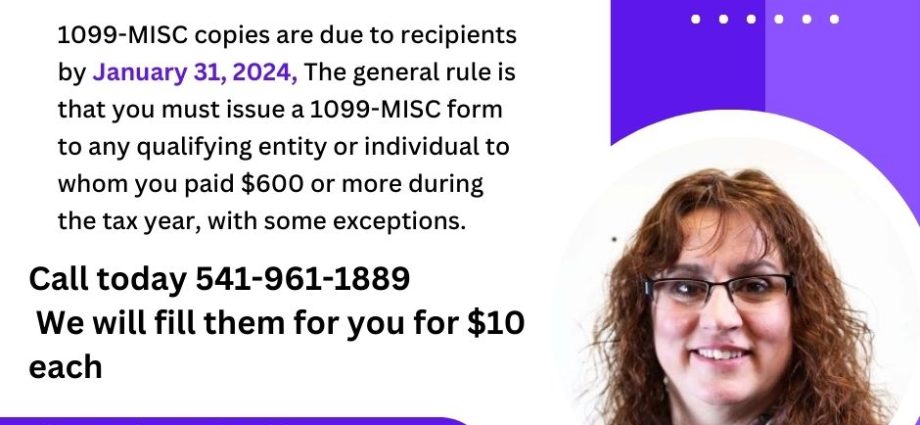The basic rule is that you must file a 1099-MISC whenever you pay an unincorporated independent contractor-that is, an independent contractor who is a sole proprietor or member of a partnership or LLC-$600 or more in a year for work done in the course of your trade or business by direct deposit or cash. The general rule is that you must issue a 1099-MISC form to any qualifying entity or individual to whom you paid $600 or more during the tax year, with some exceptions.
Form 1099-MISC is an Internal Revenue Service (IRS) form used to report payments made to others during the year, including royalties, awards, rents, medical and healthcare payments, and payments made to attorneys. This form was previously used for non-employee income, but you must report those payments on a different form beginning in 2020.
Because the IRS has made such a sweeping change in regard to who should send and receive 1099-MISC forms, it’s important to understand these changes and how they might affect you.
Key Takeaways
- Form 1099-MISC reports payments made by a business to landlords, some attorneys, prize and award recipients and medical and healthcare providers.
- This form also reported payments made to non-employees, such as independent contractors, but that changed in 2020.
- The general rule is that you must issue a 1099-MISC form to any qualifying entity or individual to whom you paid $600 or more during the tax year, with some exceptions.
- You must provide a copy of each 1099-MISC form to the payee and file the original with the IRS
Thanks for Reading!
Even if you’re not a subscriber (yet), I truly hope today’s post gave you something useful to think about or apply in your business.
I’m building my own business too, and I’m currently taking on new clients—so if you know someone who could use support with [insert your main service, e.g., website development, business coaching], I’d be grateful for the referral.
Want more posts like this sent straight to your inbox every Tuesday? Subscribe here.
And if you have thoughts, questions, or feedback—I’d love to hear from you. Just drop me a note at misty@webfootmarketing.net
Let’s keep building,

